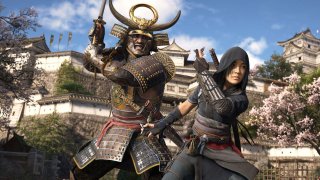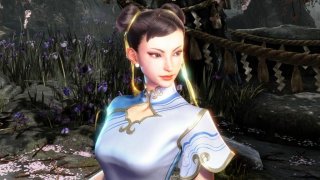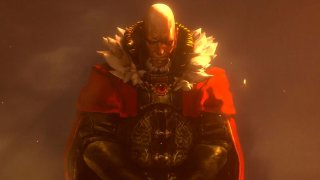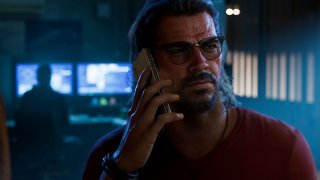In a surprising revelation, Shuhei Yoshida, the former head of PlayStation Studios, admitted during an episode of the podcast Sacred Symbols that he personally signed the contract for the development of Concord, a multiplayer shooter that flopped shortly after its launch. The game, developed by Firewalk Studios under the umbrella of Probably Monsters, garnered significant criticism and is considered one of PlayStation's biggest failures in recent years.
Yoshida explained that while leading PlayStation Studios, he supported the partnership with Probably Monsters, the parent company of Firewalk Studios. "I signed the contract for the prototype," Yoshida stated. He went on to describe his initial impressions of the team at Firewalk Studios: "When I visited the studio and met the people from Firewalk a very small team. I found their core members to be highly experienced and talented individuals for developing online games. That's why Concord was created under my leadership."
Despite Yoshida's confidence in the team, Concord ultimately proved to be a commercial disaster, folding within just two weeks of its release. The failure led to the closure of Firewalk Studios and sparked widespread criticism aimed at PlayStation Studios, particularly toward Jim Ryan and Hermen Hulst, who were overseeing the company at the time. However, Yoshida's admission now shifts focus onto his role in the decision-making process that greenlit the project.
While the game's collapse has been attributed to various factors, including poor marketing, design flaws, and competition from established titles, Yoshida's acknowledgment provides clarity on the origins of the project. It also highlights the risks involved in backing ambitious projects with unproven teams, even when they boast impressive credentials.
The story of Concord serves as a cautionary tale for the gaming industry, emphasizing the importance of thorough testing and evaluation before committing to large-scale projects. Although the responsibility for the game's failure ultimately lies with multiple parties, Yoshida's transparency in discussing his involvement offers valuable insight into the challenges faced by studio executives when balancing innovation with commercial viability.
As PlayStation continues to expand its portfolio with new IPs and multiplayer experiences, the lessons learned from Concord will undoubtedly play a critical role in shaping future decisions. For fans and industry observers alike, this revelation sheds light on the complexities of managing a major gaming studio and the risks inherent in pursuing bold creative visions.
Main image: reddit.com

 Alexander "peter bjorn" Fadin
Alexander "peter bjorn" Fadin


















0 comments